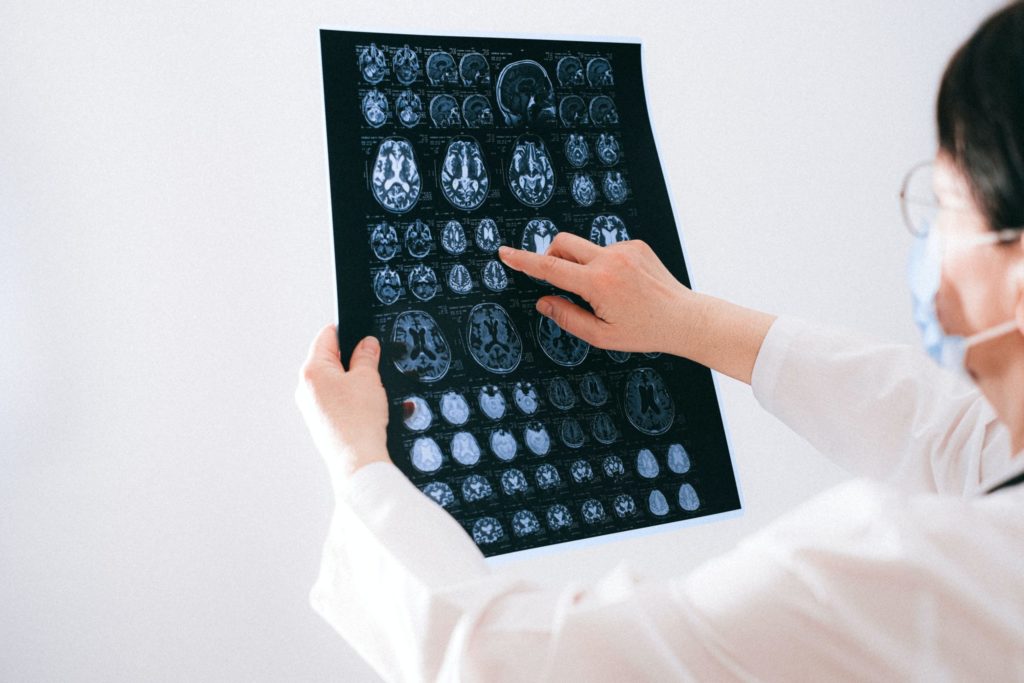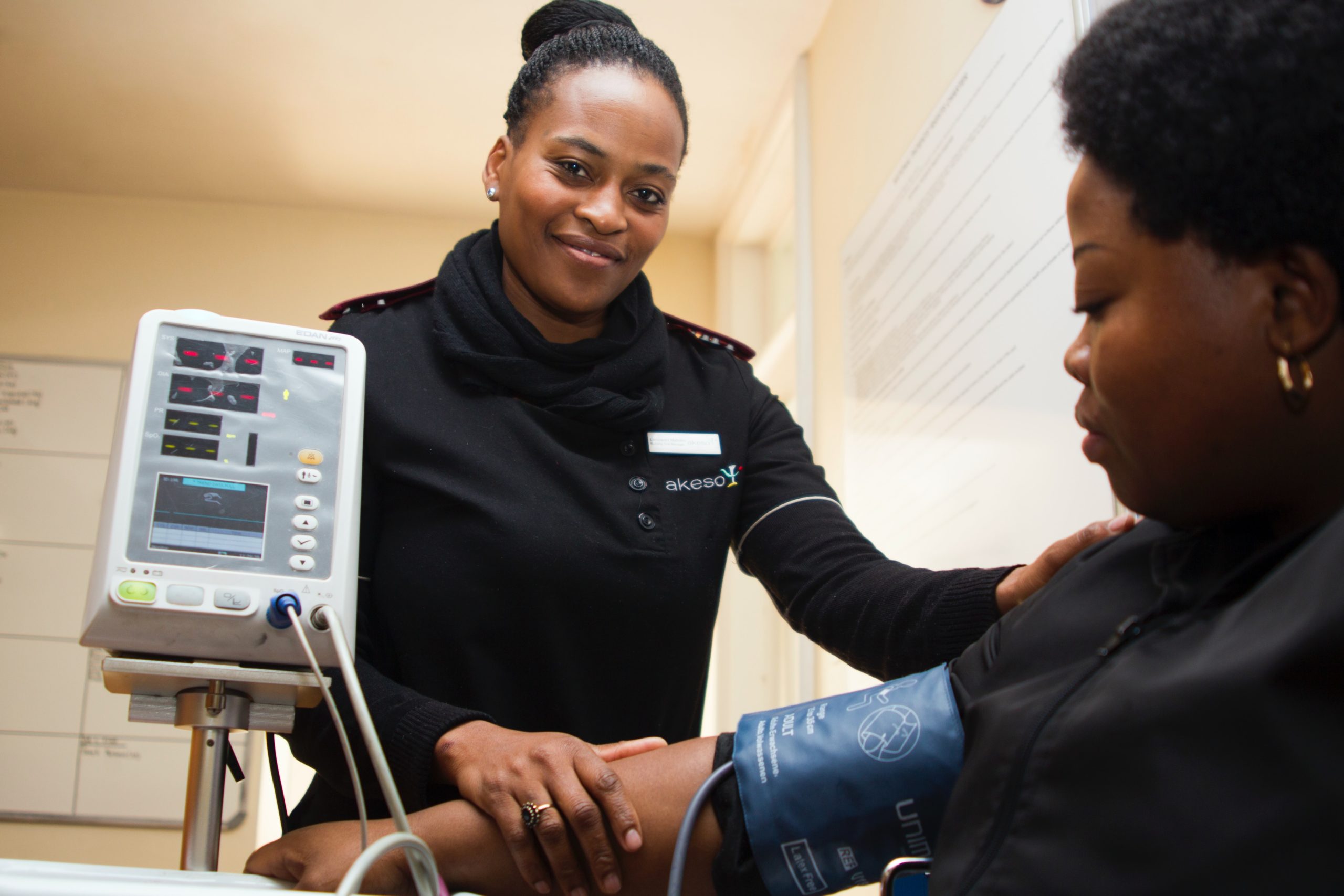Everyone experiences forgetfulness from time to time, and it is completely normal. Mild memory loss can happen as we age and is generally no cause for concern. However, progressive memory loss due to illnesses like Dementia or Alzheimer’s can be serious. For this reason, memory loss is not something to take lightly.
Memory Loss and Aging
About 40% of the worldwide population has associated memory impairment or memory loss. Only 1% of those groups will progress to dementia.
The number of people who will experience mild to moderate memory loss will skyrocket in the next years. It is expected due to the increase in the number of elderly populations. Chances are you have a friend, a neighbour, a co-worker, or a family member who will have this condition.
As we age, we may find that we have memory lapses from time to time. We tend to forget the name of the person we just met, forget where we put our car keys, or we may misplace it more often. Memory loss from normal aging usually does not affect our ability to function both at home and work. But if things are beginning to get out of hand, you should make an effort to prevent its cause and apply first aid tips.
Causes of Memory Loss
Here are some common causes of memory loss:
- Medications such as antidepressants, antihistamines, anti-anxiety medications, muscle relaxants, tranquillisers, sleeping pills,
- Alcohol, tobacco, or drug use.
- Chronic smoking
- Sleep Deprivation
- Depression and Stress
- Nutritional deficiency (Vitamin B-12)
- Head Injury and other brain diseases
- Medical conditions such as Dementia and Alzheimers
Many causes of memory impairment are treatable if recognised early. If not diagnosed and treated, it can progress and make treatment difficult and less effective. It is best to see your doctor if memory loss starts to affect your everyday life. The doctor can help you determine its cause and may recommend treatment and lifestyle changes to alter the effect of this condition.
Although there is no guarantee when it comes to preventing memory loss, there are certain activities that can help. Consider these simple ways to help sharpen your memory.
-
Stay mentally active
Mentally stimulating activities can keep your brain in shape – therefore, keeping memory problems at bay. You can do crossword puzzles, answer math equations, painting, draw, and do other crafts.
-
Regular physical activity
Regular exercise or adding physical activity to your routine can increase blood flow to the body, including your brain. You can do aerobics, brisk walking, jogging, or do a full workout. These will help keep your memory sharp.
-
Get organised
You are more likely to forget things if your home or work area is cluttered and things are disorganised. Take time to clean your space, list down tasks, and put things where they belong. These will help you function and think clearly.
-
Eat a healthy diet
Healthy eating habits might be as good for your brain as it is for your heart. Add fruits, vegetables, whole grains, and low-fat protein sources to your diet. Avoid drinking alcohol and drink more water.
-
Socialise with people
Regular social interaction can help ward off stress and other mental health problems that contribute to memory loss. Get together with your friends, co-workers, and loved ones, especially if you live alone.
-
Get enough sleep
Sleep plays an important role in keeping your memory fresh and intact. Getting enough sleep should be a priority. The recommended hours of sleep for adults are seven to nine hours a day.
-
Manage chronic conditions
If you have a chronic condition such as depression, high blood pressure, diabetes, high cholesterol, it is best to see your doctor for advice. The better you take care of your health, the better your memory will be.
You can enrol in First Aid training and learn simple techniques in preventing memory loss.







